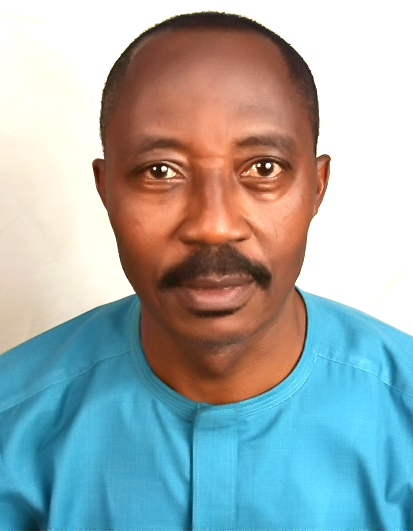The Media Rights Agenda (MRA) will be organising workshops for journalists on how to use the Freedom of Information (FOI) Act for investigative reporting.
The workshop is to equip participating journalists with the knowledge and skills they require to conduct in-depth, factual and accurate reporting on various subjects while minimizing the risks associated with gathering information and evidence through other traditional journalistic methods.

According to Mr. Ayode Longe, MRA’s Deputy Executive Director, the organization plans to organize two workshops of two days each over the next two weeks.
The first workshop will take place on October 26 and 27 in Kaduna while the second workshop will hold on October 31 and November 1 in Ibadan, Oyo State.
Participants at the workshops will be drawn from among early to mid-career journalists working for print, broadcast and online media organizations who have not previously undergone any training on how to use the FOI Act.
The first workshop will be for journalists from States in the North East, North West and North Central zones of the country while the second workshop will be for journalists from States in the South West.
Mr. Longe explained that a third workshop will be held in Enugu early in 2024 for journalists from States in the South East and South South geo-political zones of the country.
The objective of the workshops is to familiarize participating journalists with the FOI Act and its provisions as well as to build their capacity to deploy it effectively as a tool for gathering information and evidence from public institutions and other entities covered by the Act, which they require in the course of conducting investigative reporting.
The workshops will therefore focus on familiarizing them with the key provisions of the Act, how to make requests for information under the Act to public institutions and other entities to which the Act applies in order to increase their chances of successfully obtaining the information they requested, the enforcement mechanisms and options available to them whenever they are wrongfully denied access to information, among other topics.
Giving more details about the programme, Mr. Longe said: “Journalists who are participating in the workshops will be required to commit to using the FOI Act in their reporting after the training and to subsequently work on stories where they can demonstrate that they relied on the FOI Act to obtain information used in the reporting.
MRA will provide them with ongoing support in the form of mentorship on using the FOI Act during the period of their reporting and give them other forms of technical assistance that they may require in the process.”
In addition, he said, each of the participants will be given materials such as copies of the FOI Act, a Guide for Journalists on Using the FOI Act for Investigative Reporting, produced by MRA under the project, and other resources to enhance their knowledge and skills as well as to provide them with guidance after the workshops.
Mr. Longe stated that financial resources will also be made available to each of the journalists to enable them actually deploy and use the FOI Act in their reporting as there will likely be costs associated with using the Act.
The financial resources, he explained, are to enable the journalists to cover expected expenses arising from the use of the FOI Act such as the cost of printing multiple FOI requests, transportation or courier costs for submitting such requests and following up on them, and payment for access to the information requested, should the institutions to which the requests are made charge for them.
The workshops are being organized by MRA with support from the MacArthur Foundation through the Wole Soyinka Centre for Investigative Journalism (WSCIJ) and are being carried out under the Collaborative Media Engagement for Development, Inclusion and Accountability (CMEDIA) Project, a multi-level intervention that supports media independence, improved transparency, accountability, and good governance in state and local governments with more public awareness on the need for accountability, and amplified marginalised voices.

